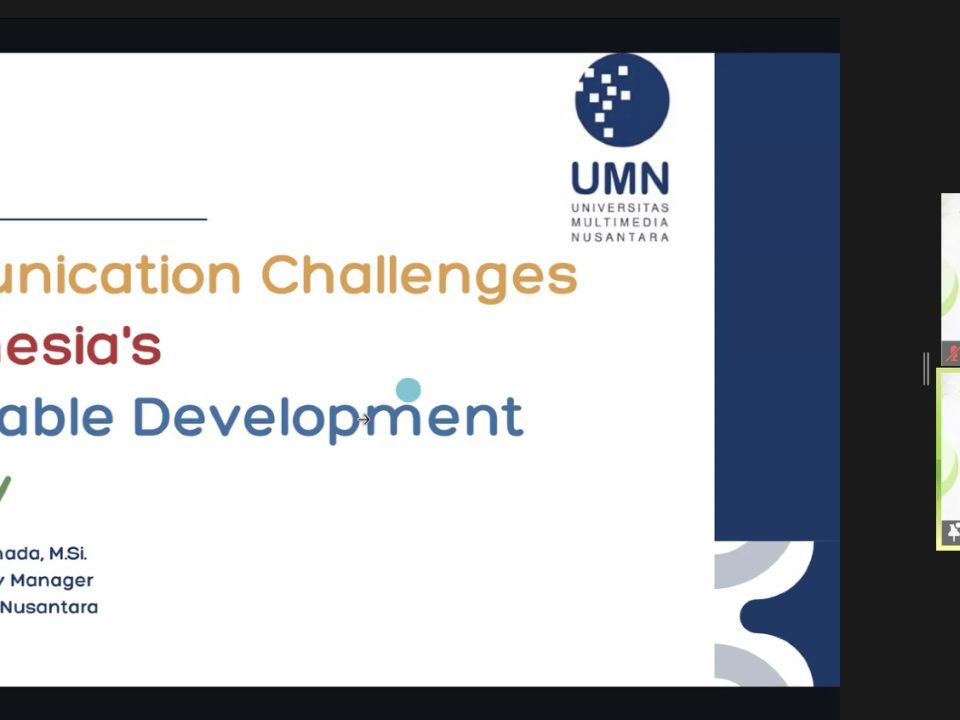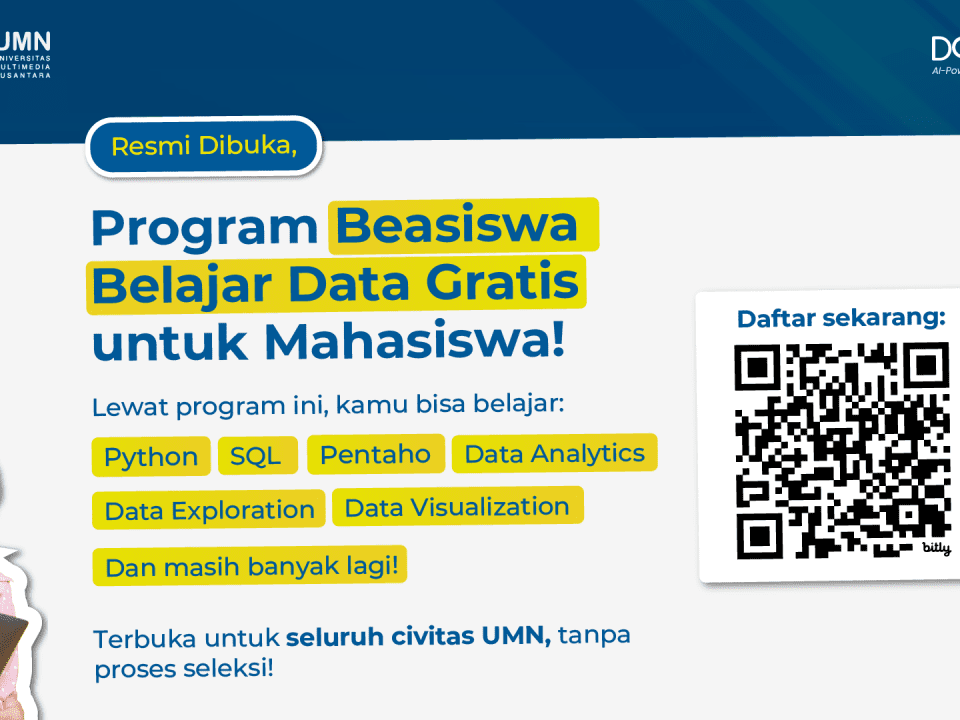
5 Popular Majors For Those Still in High School
June 11, 2023
College Majors Suitable for People Who Like Traveling, Check it Out!
June 11, 2023
Cross Majors. Image Source: Andy Barbour/Pexels
UTBK-SNBT (Computer-Based Written Examination-National Test-Based Selection) will be here soon. Have you prepared anything for the National Test-Based Selection later? Speaking of National Test-Based Selection, it is undoubtedly crucial for those of you who will pursue your dream majors and universities.
There may also be a few students who will test their luck to take a cross-major when registering for college later. So, don’t be surprised if you’ll see scenarios like science students taking non-science college majors.
Cross-major is when high school students choose a college major different from the major or specialization chosen in high school. For example, a science high school student choosing a social study major in college– this is what’s meant by a cross-major.
The underlying reason students want to cross majors is that the majors taken are not per their interests, and they want to plan their future careers according to their college majors.
But have you ever thought about how to study if you decide to choose a college major utterly different from the specializations you took during high school? If you plan to cross-major, follow the tips shared below. Who knows? The tip shared may also be useful when taking your National Test-Based Selection or other types of selection examinations. Check it out!
1. Create a Study Plan
This one tip applies to students who cross majors and those who plan to choose a college major linear to their high school major. Making a study plan is very important for those who may be super busy. For example, for those who are still in grade 12, you will definitely be busy with several school and practical exams. By making a study plan, at least your preparation for your National Test-Based Selection is much more intensive.
The easy way is to start dividing the time in a day. Prioritize doing school assignments with the closest deadlines first. Also, consider the hours that you feel more productive. This is very important to absorb the National Test-Based Selection material more quickly. For example, if your productive hours are at night or after morning prayers, then you can use these times to study.
Also read: Get to Know The Business Major and Its Job Prospects.
2. Don’t Forget to Learn TPS
This year, the Scholastic Potential Test (Tes Potensi Skolastik/TPS) material is one of the materials that will be tested in the National Test-Based Selection. So, ensure you learn the materials related to the Scholastic Potential Test and National Test-Based Selection.
The Scholastic Potential Test is a subtest you will undergo whatever knowledge group you choose (science or social). In this test, participants will be tested on various tests such as General Reasoning Ability, Quantitative Ability, General Knowledge and Understanding, and Reading and Writing Comprehension Ability. Knowledge and mastery of Basic Mathematics will be tested in the Quantitative Ability subtest. You can learn this material before learning the basic skills of the major you choose.
3. Learn the Concept of the Material with the Selected Knowledge Group
If you intend to cross-major, make sure you know what materials will be tested first. The materials you need to learn will be complicated, especially if the cross-major is from science to social studies. You can learn the materials that are usually tested in college entrance tests. For example, for the Social Studies knowledge group, the materials usually tested are Economics, Accounting, Geography, History, and Sociology. There’s a lot of material in just one subject. But don’t worry; you can make a study plan to make it easier.
For example, on Mondays, study Sociology, Tuesdays study Geography, and others. You can focus on summarizing the material to make it easier because there is a lot of material. You can also study the topics and materials usually tested in previous years. There, you can guess the variations of questions that will come out. This is very helpful for you in learning tests, even if you want to cross majors.
4. Practice Questions
If you’ve studied the materials, don’t forget to do practice questions/tests. If you have studied one chapter, do not move on immediately to the next chapter but instead do some tests or practice questions regarding the chapter. This helps you to review the chapter. There are a lot of people who sell collections of previous years’ exam questions which you can purchase and use to practice!
Usually, in college entrance tests, HOTS questions are applied, so there are times when the questions require high reasoning or good memory, especially relating to Social Studies. By practicing the previous year’s exam questions, you will have an idea of how the test questions will be and to review the material you have learned.
5. Join a Try Out
Try Out is very important to measure your readiness before facing the real war that is the National Test-Based Selection. By doing so, you can also decide what major you want. By taking a Try Out, you will recognize the types and variations of questions and how to answer them. Usually, the Try Out results will come out shortly after the real test is held. After taking the Try Out, you will receive the answers and discussion which you can use when studying and evaluating yourself.
Remember to self-evaluate after taking the Try Out and improve the sub-materials you think still need to improve and study again.
Also read: Get to Know The VCD Major and Its Tuition Fees at UMN.
The good news is that the current policy allows students to cross-major. For example, students with social studies or language majors can choose science majors in both the Achievement-Based National Selection and Test-Based National Selection. Vice versa, science students can also choose social studies or language majors. So don’t hesitate if you intend to cross majors. Ensure you implement the tips above to prepare for your National Test-Based Selection later. Keep up the spirit of pursuing your dream university!
By Reyvan Maulid | UMN News Service
English translation by Levina Chrestella Theodora
Kuliah di Jakarta untuk jurusan program studi Informatika| Sistem Informasi | Teknik Komputer | Teknik Elektro | Teknik Fisika | Akuntansi | Manajemen| Komunikasi Strategis | Jurnalistik | Desain Komunikasi Visual | Film dan Animasi | Arsitektur | D3 Perhotelan , di Universitas Multimedia Nusantara. www.umn.ac.id





